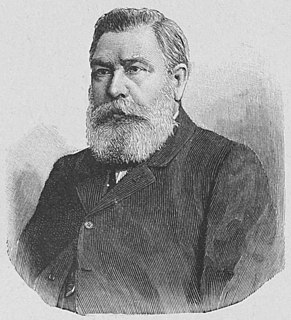A Quote by Ralph Waldo Emerson
All history is the decline of war, though the slow decline. All that society has yet gained is mitigation; the doctrine of the right of war still remains.
Related Quotes
Since the State thrives on what it expropriates, the general decline in production that it induces by its avarice foretells its own doom. Its source of income dries up. Thus, in pulling Society down it pulls itself down. Its ultimate collapse is usually occasioned by a disastrous war, but preceding that event is a history of increasing and discouraging levies on the marketplace, causing a decline in the aspirations, hopes, and self-esteem of its victims.
There can be no doubt that the young of today have to be protected against certain poisonous effects inherent in present-day civilization. Five social diseases surround them, even in early childhood. There is the decline in fitness due to modern methods of locomotion; the decline in initiative due to the widespread disease of spectatoritis; the decline in care and skill due to the weakened tradition of craftsmanship; the decline in self-discipline due to the ever-present availability of tranquilizers and stimulants, and the decline in compassion, which William Temple called "spiritual death.
World War II was really unusual, because America was in the Great Depression before. So the war did help the US economy to get securely out of this decline. This time, the war [in Iraq] is bad for the economy in both the short and long run. We could have spent trillions in research or education instead. This would have led to future productivity increases.
Western Civilization has been in a state of decline since the Edwardian age, say 1910. That was the height of Greco-Roman European civilization. Then there was the First World War. That was the beginning of the end. That civilization has been in a decline ever since. But from the American triumphalist point of view our wonderful electronic revolution is really the forefront of an ongoing wonderful civilization.
I think that any authentic feeling one has of life should be a feeling of defeat. It's a losing game. You're going to die. Civilization is going to end. Our society is in decline, and we should feel OK about it because Roman society was in decline and before it the Assyrian one was, and they disappeared off this earth and we will disappear too.
A decline in courage may be the most striking feature that an outside observer notices in the West today. The Western world has lost its civic courage . . . . Such a decline in courage is particularly noticeable among the ruling and intellectual elite, causing an impression of a loss of courage by the entire society.










































